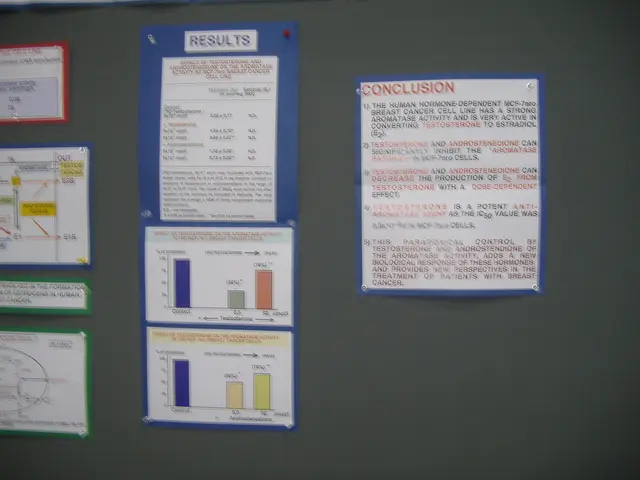Climate negotiations in Bonn reveal disparities concerning funding for climate action and trade barriers
The 2025 UNFCCC Bonn Climate Conference, a two-week meeting of international climate negotiators, saw persistent divisions on climate finance and trade measures. Developing countries expressed strong dissatisfaction with the climate finance agreement reached at COP29, arguing it falls short of their needs and the obligations of developed countries under the Paris Agreement.
The Bonn conference focused on technical details and did not involve major political decisions, with the main objective being to lay the textual groundwork for the decisions to be made at the COP. However, the underlying tensions largely unresolved in advance of COP30 have made progress limited.
The Like-Minded Developing Countries (LMDC) group, which includes China, India, Saudi Arabia, Egypt, and 18 others, formally requested the addition of two new topics for negotiation. The first proposal concerned the implementation of Article 9.1 of the Paris Agreement, which reaffirms the obligation of developed countries to provide climate finance to those still developing. The second issue focused on unilateral trade measures related to climate change, with specific attention on the European Union's Carbon Border Adjustment Mechanism (CBAM).
Developing countries pushed to keep these issues central, while developed countries tried to limit the scope of debate. Some technical progress was made on adaptation finance indicators and just transition, but without clarity or breakthroughs.
Looking ahead to COP30 in Belém, Brazil, expectations are for it to be an “implementation” COP with a broad and complex agenda, including climate finance, the global stocktake outcomes, just transition, and forest protection. The Brazilian presidency faces a challenging task managing contentious issues among major fossil fuel producers and balancing competing interests.
The Baku-to-Belém Roadmap on climate finance signed at COP29 commits parties to concrete mechanisms to scale up finance towards the USD 1.3 trillion target by Belém, but political engagement will be critical to resolve the existing stalemates, especially on finance and trade measures.
The negotiations at the Bonn conference have revealed the complexities and sensitivities surrounding climate finance and trade policies. The outcomes at Belém will be crucial for determining progress on closing the widening climate finance gap and managing trade-related climate policies.
Sources:
- Climate Home News
- Carbon Brief
- The Guardian
- Reuters
- Bloomberg
- The climate finance agreement reached at COP29 was met with dissatisfaction by developing countries, who argue it does not meet their needs or the obligations of developed countries under the Paris Agreement.
- The Like-Minded Developing Countries (LMDC) group has requested the addition of two new topics for negotiation at the COP, including the implementation of Article 9.1 of the Paris Agreement and unilateral trade measures related to climate change.
- At the Bonn conference, developed countries tried to limit the scope of debate on climate finance and trade measures, while developing countries pushed to keep these issues central.
- The Baku-to-Belém Roadmap on climate finance commits parties to concrete mechanisms to scale up finance towards the USD 1.3 trillion target by Belém, but political engagement will be critical to resolve the existing stalemates.
- The negotiations at the Bonn conference have revealed the complexities and sensitivities surrounding climate finance and trade policies, with outcomes at Belém crucial for determining progress on closing the widening climate finance gap.
- The 2025 UNFCCC Bonn Climate Conference focused on laying the textual groundwork for decisions to be made at the COP, but persistent divisions on climate finance and trade measures made progress limited.
- Sources for this information include Climate Home News, Carbon Brief, The Guardian, Reuters, Bloomberg, and general news outlets focusing on policy-and-legislation, industry, environmental-science, finance, and energy transition.




